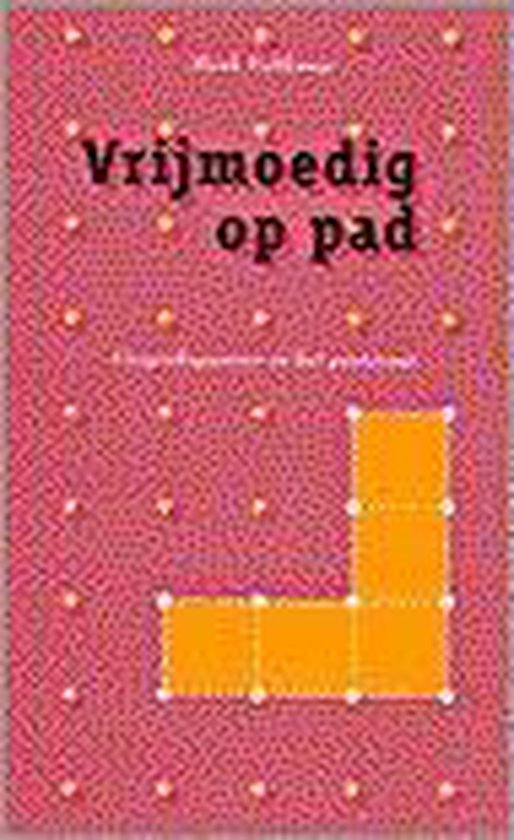
The Vatican Swindle
In 1890, during the pontificate of Leo XIII, Anthime Armand-Dubois, unbeliever and freemason, visited Rome in order to consult Dr. X, the celebrated specialist for rheumatic complaints. “What!” cried Julius de Baraglioul, his brother-in-law. “Is it your body you are going to treat in Rome? Pray Heaven you may realise when you get there that your soul is in far worse case.” To which Armand-Dubois replied in a tone of excessive commiseration: “My poor dear fellow, just look at my shoulders.” Baraglioul was obliging; he raised his eyes and glanced, in spite of himself, at his brother-in-law’s shoulders; they were quivering spasmodically as though laughter, deep-seated and irrepressible, were heaving them; and the sight of this huge half-crippled frame spending the last remnants of its physical strength in so absurd a parody, was pitiable enough. Well, well! They had taken up their positions once and for all. Baraglioul’s eloquence wouldn’t change matters. Time perhaps? Or the secret influence of holy surroundings?... Julius merely said in an infinitely discouraged manner: “Anthime, you grieve me.” (The shoulders stopped quivering at once, for Anthime was fond of his brother-in-law.) “When I go to see you in Rome three years hence, at the time of the Jubilee, I trust I may find you amended!” Veronica, at any rate, accompanied her husband in a very different frame of mind. She was as pious as her sister Marguerite and as Julius himself, and this long stay in Rome was the fulfilment of one of her dearest wishes. She was a disappointed, barren woman who filled her monotonous life with trivial, religious observances and, for lack of a child, devoted herself to nursing her spiritual aspirations. She no longer had much hope left, alas! of bringing her Anthime back to the fold. Many years had taught her the obstinacy of which that broad brow was capable, and the power of denial with which it was stamped. Father Flons had warned her: “Madam,” said he, “the most unyielding wills are the worst. You need hope for nothing but a miracle.” She had even ceased to mind much. They had no sooner settled in Rome than they arranged their private lives independently of each other—he on his side, she on hers; Veronica in the care of the household and in the pursuit of her devotions, Anthime in his scientific researches. In this way they lived beside each other, close to each other and just able to bear the contact by turning their backs to one another. Thanks to this there reigned a kind of harmony between them; a sort of semi-felicity settled down upon them; the virtue of each found its modest exercise in putting up with the faults of the other. Their apartment, which they found by the help of an agency, combined, like most Italian houses, unlooked-for advantages with extraordinary inconveniences. It occupied the whole first floor of the Palazzo Forgetti, Via in Lucina, and had the benefit of a fair-sized terrace, where Veronica immediately set to work growing aspidistras—so difficult to grow in Paris apartments. But in order to reach this terrace one had to go through the orangery, which Anthime had immediately seized on for a laboratory, and through which it was agreed she should be allowed to pass at certain stated hours of the day. Veronica would push open the door noiselessly and then, with her eyes on the ground, would slip furtively by, much as a convert might pass a wall covered with obscene graffiti; at the other end of the room, Anthime, stooping over some villainous operation or other, with his enormous back bulging out of the arm-chair on to which he had hooked his crutch, was a sight she scorned to behold! Anthime, on his side, pretended not to hear her. But as soon as she had passed out again, he would rise heavily from his chair, drag himself to the door, and, with tightened lips and an imperious thrust of his forefinger, would viciously snap to the latch.
| Auteur | | André Gide |
| Taal | | Engels |
| Type | | E-book |
| Categorie | | Literatuur & Romans |


